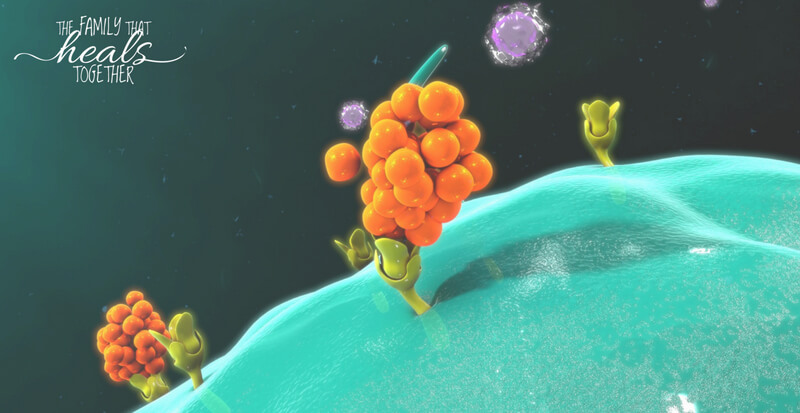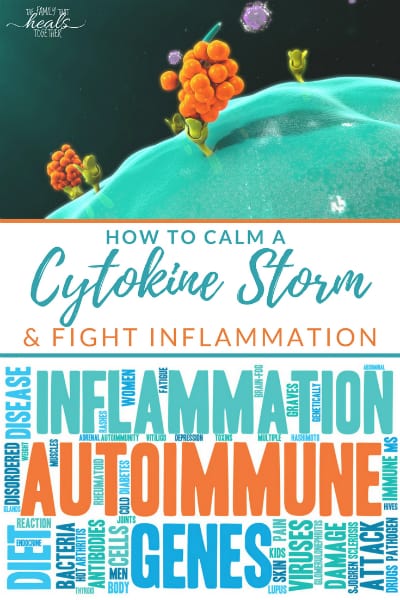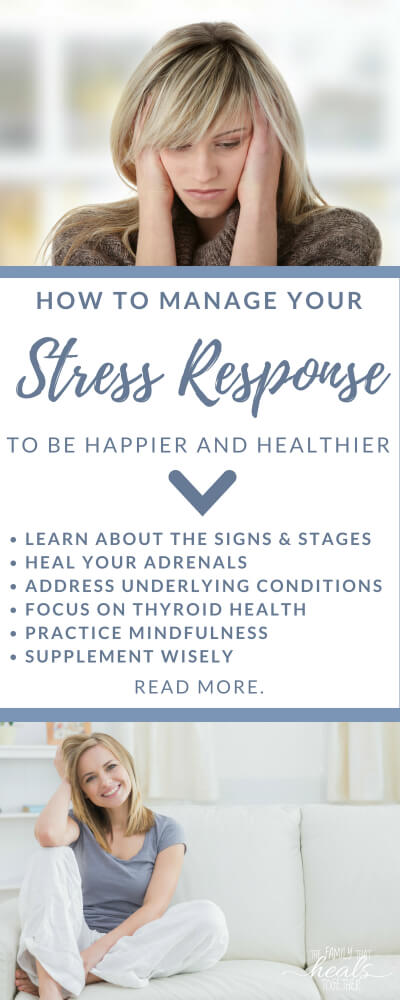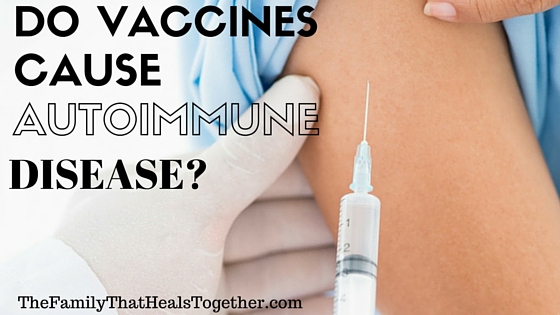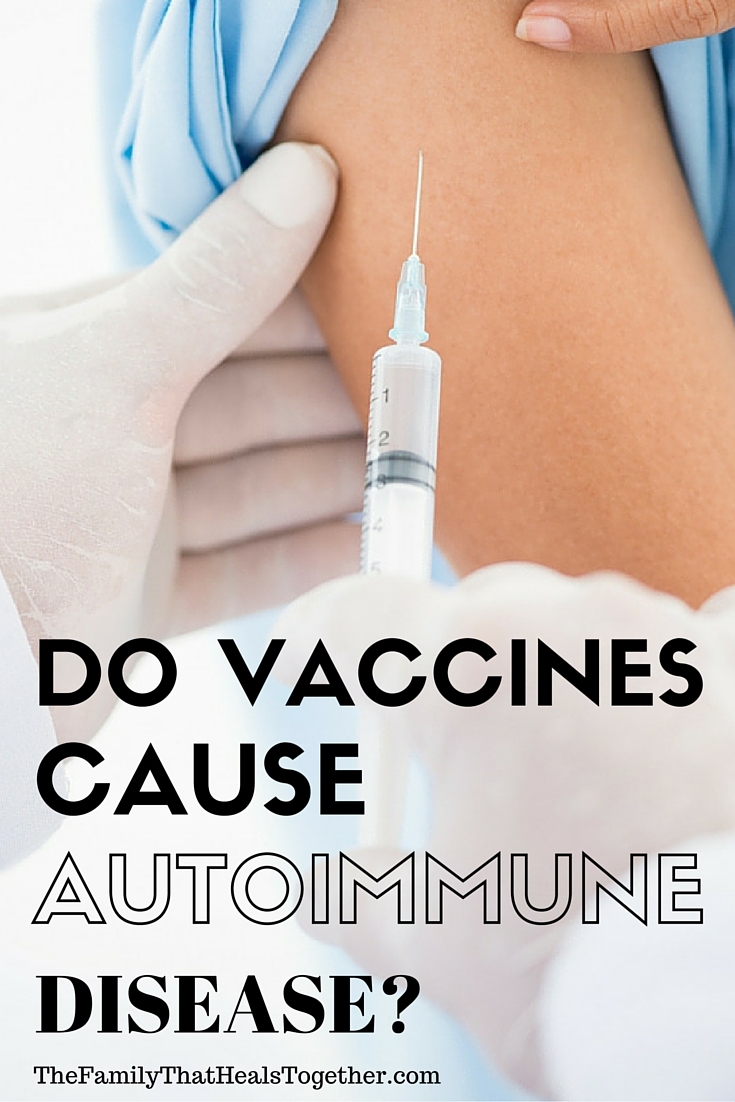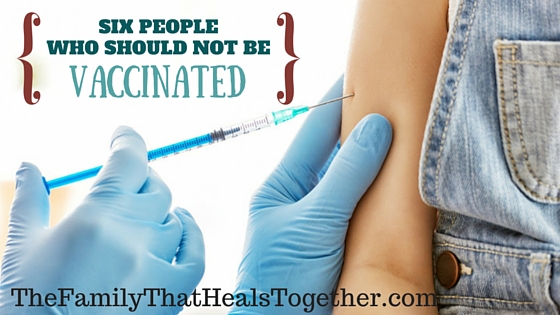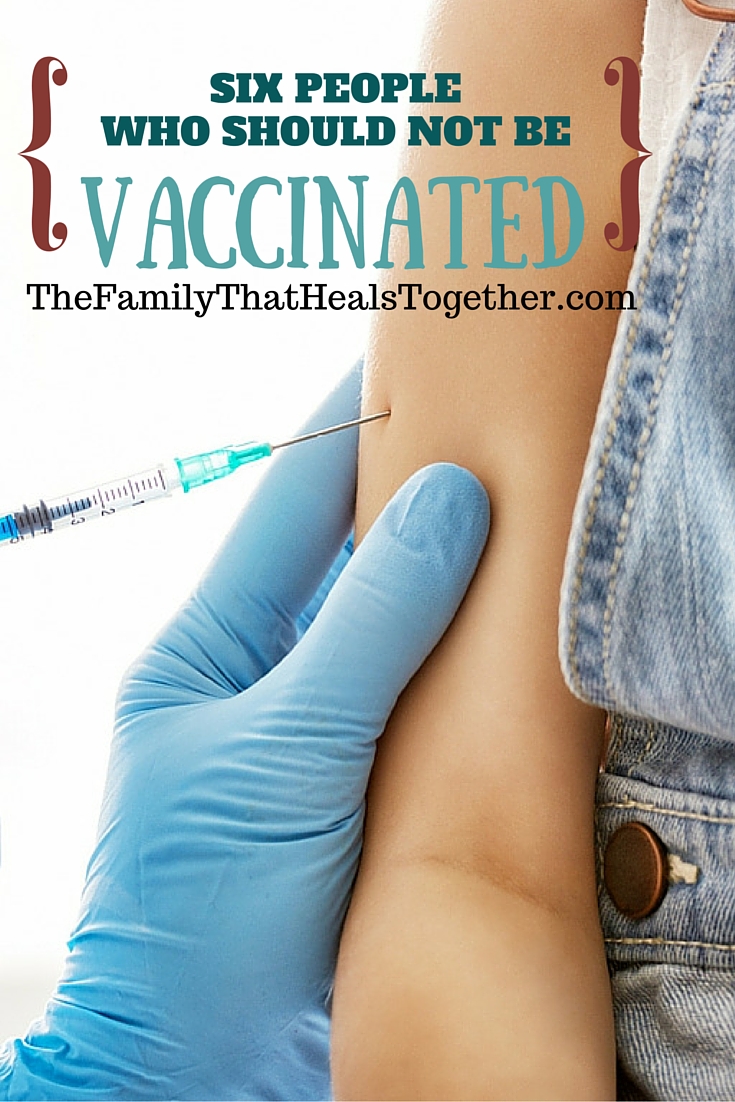When it comes to detox, the kidneys are sometimes overlooked. But really, each one of us can benefit from an occasional kidney cleanse. In this article, Danielle shares how to naturally support your kidneys and how to do a kidney detox.
Signs and symptoms you need a kidney cleanse
Have you ever wondered if you should do a kidney cleanse? The truth is that most of us don’t even consider our kidneys. The liver is finally making its way into the natural health spotlight, as it should, but there are other organs that need support too, including your kidneys.
Your kidneys filter 50 gallons of blood and water daily – talk about a workload.
If your filter is off, toxins stay in your blood and circulate back throughout your body. Since the kidneys are so important, it’s a good idea to be sure they are working well.
The symptoms of chronic kidney dysfunction are vague and could be confused with a number of other illnesses. Nevertheless, if you experience the below symptoms regularly, it would not hurt to cleanse your kidneys or do some testing.
Consider doing a kidney detox if you experience any of these symptoms consistently:
- Chronic fatigue
- High blood pressure
- Loss of appetite
- Increased or constant urge to urinate
- Concentration issues
- Muscle cramps
- Frequent nausea or vomiting
- Shortness of breath
- Swelling of the extremities
- Chest pain
- Chronic kidney or UTI infections
- Trouble sleeping
Can kidneys heal on their own?
Yes and no. If you are eating the Standard American Diet (SAD) and not considering your kidneys, they probably won’t heal and will keep deteriorating.
Standard conventional treatment for low functioning kidneys is limited. Most are simply prescriptions to mask the symptoms and no long-term cures can be offered.
But, you can heal your kidneys with a kidney detox.
How can I improve my kidney function naturally?
A kidney cleanse acts as a reset that helps your kidneys work optimally again. Naturally and easily. And a clean lifestyle will lead to better functioning kidneys in the long term.
What you put into your body on a daily basis determines whether your kidneys have an elephant-size amount of toxins to filter or just a pea-sized amount. Below, you’ll find tips for improving your kidney function naturally.
Kidney detox foods
What foods cleanse the kidneys? These ones! Be sure to make them a part of your daily food plans:
- Asparagus
- Barley (omit for gluten-free)
- Beets
- Blackcurrant juice
- Blueberries
- Celery and celery juice
- Cranberry juice
- Grapes
- Ginger
- Millet
- Parsley
- Pumpkin seeds
- Spirulina
- Watermelon
You also need plenty of water for kidney function.
So, drink at least a full gallon of filtered water daily. When you are cleansing, drink distilled water. On regular days, you should be drinking water with minerals in it – that is not reverse osmosis (unless minerals have been added back in), nor distilled, but rather spring or gently filtered water.
If you are detoxing, you may need more than one gallon per day.
Is coffee bad for kidneys?
Anything that strips water from your system is going to have a devastating effect on the kidneys. Coffee may also harbor chemicals used during processing.
So what is the best thing to drink for your kidneys? Truly natural drinks with electrolytes and cold-pressed juices are great (consider making a juice that includes some of the above foods, like celery, ginger, and parsley for best results). So are teas made with kidney-friendly herbs.
Other than these options, steer clear of other liquids. You need pure water.
Kidney cleanse supplements to improve kidney function naturally
Finally, be sure to rely on herbal support.
There are a handful of herbs that have been known to assist with a kidney cleanse. According to Susun Weed, uva ursi is the mother of kidney cleansers, especially if you deal with infections.
Other herbal kidney detoxifiers and supporters include:
- Bearberry
- Cornsilk
- Dandelion
- Goldenrod
- Juniper berry
- Nettle
- Parsley
- St. John’s Wort
We live in a society today where natural kidney herbal supplements and tinctures are available at health food stores. Take advantage of that.
Click here for an easy-to-use blend of kidney supportive herbs.
How do you flush your kidneys?
For many, a kidney healthy lifestyle isn’t enough. After years of damage, your kidneys may need to be detoxed thoroughly.
Luckily, you can do that easily.
Now, if you have made a sudden switch to natural eating, you may have more to detox than your kidneys. It’s best to do a full analysis of how all your systems are working and detox in the right order.
A naturopath can help you do this.
Some say to start at the bottom (colon) and work your way back up. It is true that you want your colon optimally functioning so that all the toxins you’re detoxing do not end up stuck in there, where the colon actually may take some of the toxins back into the body.
The Hulda Clark Kidney Cleanse
Cleansing expert Hulda Clark has a specific kidney cleanse.
But, consider your entire system before starting. Hulda Clark suggests doing her parasite cleanse first. Then, move on to the colon, the kidneys, and then finally the liver and gallbladder.
She also recommends that you stay free of house, hygiene, and water pollutants before cleansing.
The Hulda Clark kidney cleanse protocol includes magnesium oxide, parsley, ginger root, uva ursi, and vitamin B6. Take each of these supplements before a meal and sip on the kidney detox tea before and throughout the cleanse.
Click here to purchase supplements for the Hulda Clark kidney cleanse protocol.
The three week cleanse includes:
- Daily Kidney Support Preparation Tea
- Ginger root: take 1 capsule 3 times a day, with a meal
- Uva Ursi: take 1 capsule in the morning, and 2 capsules in the evening, with a meal
- Freeze Dried Parsley: take 1 capsule two times per day, with a meal
- Vitamin B6: take 1 capsule per day, with a meal
- Magnesium Oxide: take 1 capsule per day, not with a meal
As far as detoxes go, this one is a pretty easy protocol.
Start slow with the daily preparation tea and sip small amounts throughout the day, especially for those with sensitive stomachs.
Why do you need a kidney detox?
Your kidneys take a beating day in and day out. Cleansing them regularly and living a kidney-supporting lifestyle is critical to your overall health.
Because let’s face it, the body burden of pollutants is real.
Even when eating the very best foods possible, you and I take in a wide range of chemicals from the environment like BPA and phthalates.
The solution? Do the Hulda Clark kidney cleanse, eat kidney-friendly foods, drink plenty of pure water, and be sure to review what others cleanses – like a liver & gallbladder cleanse – you may need for your body to be functioning at its best.






